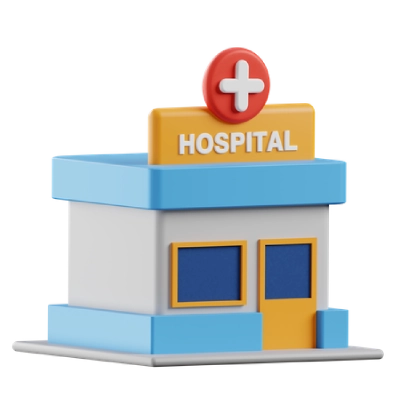Filter By
Name
Availability
Consultation Mode
Gender
Price Range
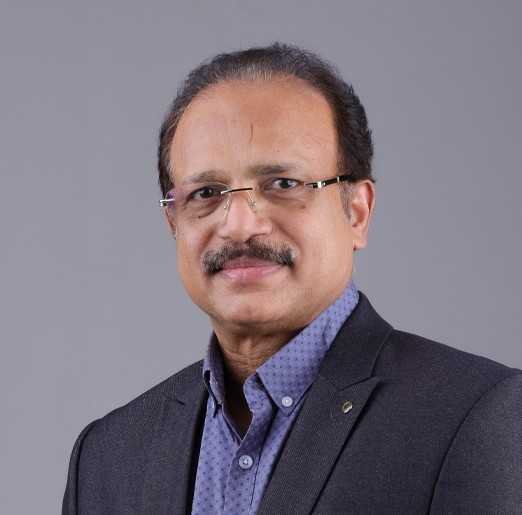
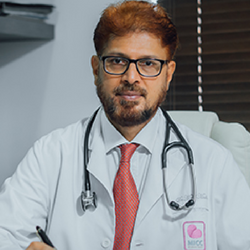
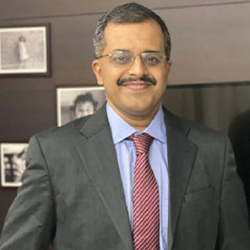
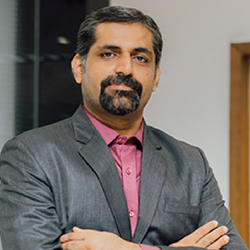

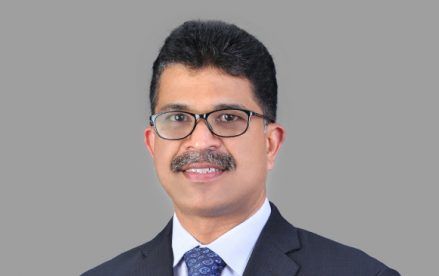


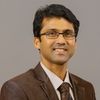
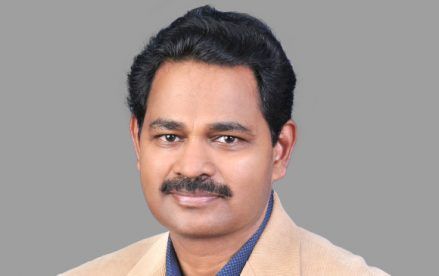




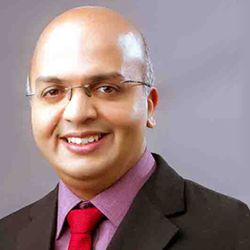
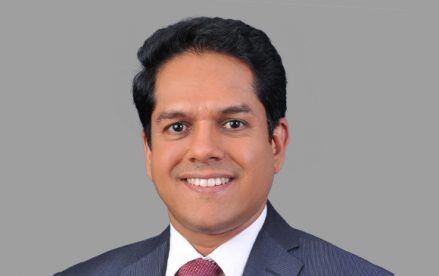
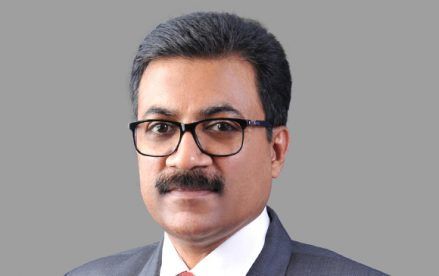
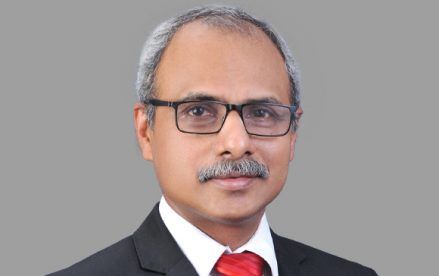
A cardiologist is a medical doctor who studies and treats diseases and conditions of the cardiovascular system
What is the role of a cardiologist?
A cardiologist is a medical specialist that specialises in the study and treatment of diseases and conditions of the cardiovascular system, which includes heart rhythm abnormalities, coronary artery disease, heart attacks, heart defects and infections, and related disorders.
What ailments for medical issues can cardiologists treat?
Consult a Cardiologist if you have a heart disease.
- Coronary heart disease: A narrowing of the coronary arteries, which deliver oxygen and blood to the heart, is known as coronary heart disease. Angina, shortness of breath, myocardial infarction, and heart attacks are all common symptoms of this condition.
- Atrial Fibrillation (abnormal heart rhythm): The blood flow from the upper chambers to the lower chambers changes with each beat, causing the heart to have difficulty pumping blood efficiently to the rest of the body.
- Congenital heart disease: One of the most prevalent types of birth defects is congenital heart disease.
- Congestive heart disease: When the heart's ventricles can't pump enough blood to the body, blood builds up in the lungs, belly, liver, and lower body, causing congestive heart disease.
- Hypertension: Hypertension is one of the most frequent cardiovascular diseases.
- Pericarditis: The pericardium, a thin membrane that creates a sac around the heart muscle, is swollen and irritated.
- High cholesterol: A certain amount of cholesterol is beneficial because it helps the body generate healthy cells, but if your cholesterol levels get too high, you risk developing heart disease.
All of these diseases are treated by cardiologists using a variety of treatments such as drugs, lifestyle changes, weight reduction advice, nutrition management, therapies, and more. They may refer patients to a cardiac surgeon for surgical procedures if the damage is serious.
When should I make an appointment with a cardiologist?
Uncomfortable chest pain, breathing problems, leg swelling, high blood pressure, heart rate fluctuation, feeling of dizziness or fainting, premature heart disease or cardiac death in the family history, blood vascular problems can cause leg pain or ulceration are some of the conditions when you consider visiting a cardiologist. The cardiologist will assess your symptoms, review your medical history, and maybe propose diagnostic testing to correctly diagnose the source of your symptoms and assist your cardiology care team in determining the best treatment option for you.
What are the qualifications of a Cardiologist?
To become a Cardiologist, a candidate must complete a 5 and a half years MBBS degree, followed by 3 years of MD and 3 years of DM in Cardiology.
What is the difference between a cardiologist and a cardiac surgeon?
While cardiothoracic surgeons can conduct sophisticated repairs on the heart and its accompanying tissues, they often limit their treatment of patients to the time leading up to and following the surgery. Cardiologists frequently follow their patients for much longer periods of time, typically in collaboration with a primary care physician to evaluate and treat long-term cardiovascular issues.
Which are the tests that help a cardiologist understand problems affecting the heart?
Electrocardiogram (ECG), cardiac catheterization (coronary angiogram), heart ct-scan, Magnetic resonance angiography (MRA), MRI of the heart, stress test, transthoracic echocardiogram (echo or TTE), transesophageal echocardiogram (TEE), positron emission tomography (PET) scan, thallium scans or myocardial perfusion scans, are some of the most common tests to diagnose heart diseases.
Cardiologist - FAQ
- Who is a Cardiothoracic surgeon?
Cardiothoracic surgeons are heart surgeons who specialise in heart and lung surgery. Cardiothoracic surgeons have substantial experience with advanced, specialised operations such as robotic and video assisted lung surgery, minimally invasive mitral valve replacement, and difficult newborn surgeries, as well as complex cardiac care.
- Am I a heart surgery candidate?
Heart surgery may be a possibility if other therapies, such as lifestyle modifications, medications, and medical procedures, haven't worked or can't be utilized to address your cardiac disease. Your primary care physician, cardiologist, and cardiothoracic surgeon will collaborate with you to determine whether heart surgery is the right treatment option for you.
- Is there any risk involved in heart surgery?
Heart surgery has some hazards, even though the results are frequently great. Some potential dangers are bleeding, inflammation manifests itself in the form of infection, fever, edema, and other symptoms.
- How can I know if I require the services of a cardiac surgeon?
You will be sent to a cardiac surgeon for additional assessment if your general doctor or cardiologist believes that surgery is the best treatment for your heart disease and that medicines alone will not be sufficient.
- What happens during a consultation with a cardiologist?
Your doctor will assess your risk of developing heart disease during the cardiac consultation by reviewing your medical history and performing a complete physical examination and testing. Early detection may result in a better prognosis and fewer problems.
Patient Services
Provider
All rights reserved by ShopDoc
A MobeedCare Pvt Ltd company
